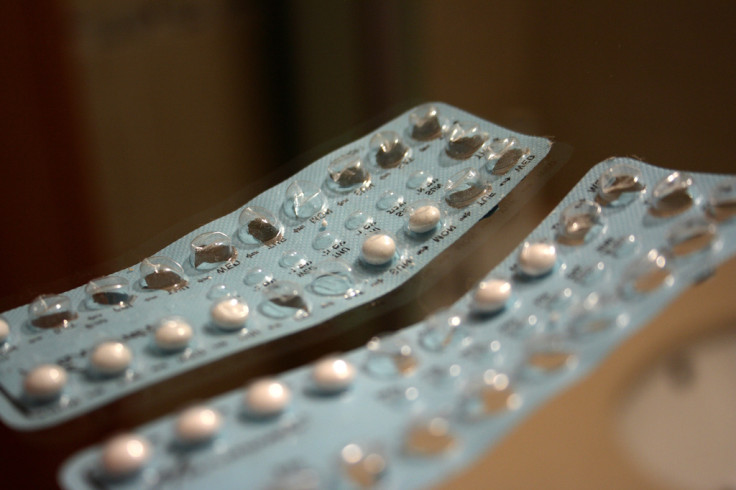Male birth control: Contraceptive pill for men draws closer

A male contraceptive pill is making progress, as researchers are getting closer to finding the exact chemicals needed for temporary infertility in men. Scientists from the University of Minnesota College of Pharmacy, have been tinkering with the chemical make-up of previous attempts at making a drug, in hope to find a successful formula.
Scientists have been trying to find the right formula for a male contraceptive pill for years now, and a breakthrough in the field would provide better protection against pregnancy for women who cannot take the pill. This includes women with high blood pressure, those that are breast-feeding, or those with previous heart conditions.
"It would be wonderful to provide couples with a safe alternative because some women cannot take birth control pills," said Gunda Georg, lead researcher on an investigation to find a male contraceptive.
Previous investigation failings
Previous attempts at creating the contraceptive have proved unsuccessful. Headway was being made by using the hormone testosterone, until it hit a roadblock.
"At certain doses, [testosterone] causes infertility," said Jillian Kyzer, researcher working on a study. "But at those doses, it doesn't work for up to 20% of men, and it can cause side effects, including weight gain and a decrease in 'good' cholesterol."
Drug company Bristol-Myers Squibb have also attempted to create a contraceptive pill for men, but both of their attempts have been a far from ideal solution. For example, they have found a compound to inhibit fertility, but it is not very soluble, so the contraceptive has to be injected.
"No one wants to inject themselves with a needle once a day or once a week for most of their lives," said Jillian Kyzer, researcher working on the study.
A second Bristol-Myers Squibb investigation identified a contraceptive that was soluble enough to be taken orally, but it targetted more receptors in the body than just those needed to cause infertility. This would result in unwanted side-effects.
Tiny adjustments
However, research presented at the 251<sup>st National Meeting & Exposition of the American Chemical Society describes the steps taken towards a world with male contraceptives. Whilst it still is not perfected, the scientists believe they are definitely getting close.
They have taken to making tiny alterations to previous attempts at the pill, namely from Bristol-Myers Squibb. These tweaks have included making the pill more soluble, by adding a polar group to the molecule. A polar group is a group of atoms that have opposing charges, meaning one side of the molecule is slightly more (or less) charged than another side.
The research team also removed one of the bonds, holding two amino acids together, from the drug company's compound. They took out the amide bond, and replaced it with a separate bond with different characteristics, but still has the ability to hold the amino acids together. This improved the entire compounds' stability, making it last longer in the body.
However, both of these adjustments made the contraceptive affect more body receptors than just the one needed for infertility.
They are now attempting to use hybrid compounds to change that - compounds made of two or more independent compounds.
© Copyright IBTimes 2025. All rights reserved.






















